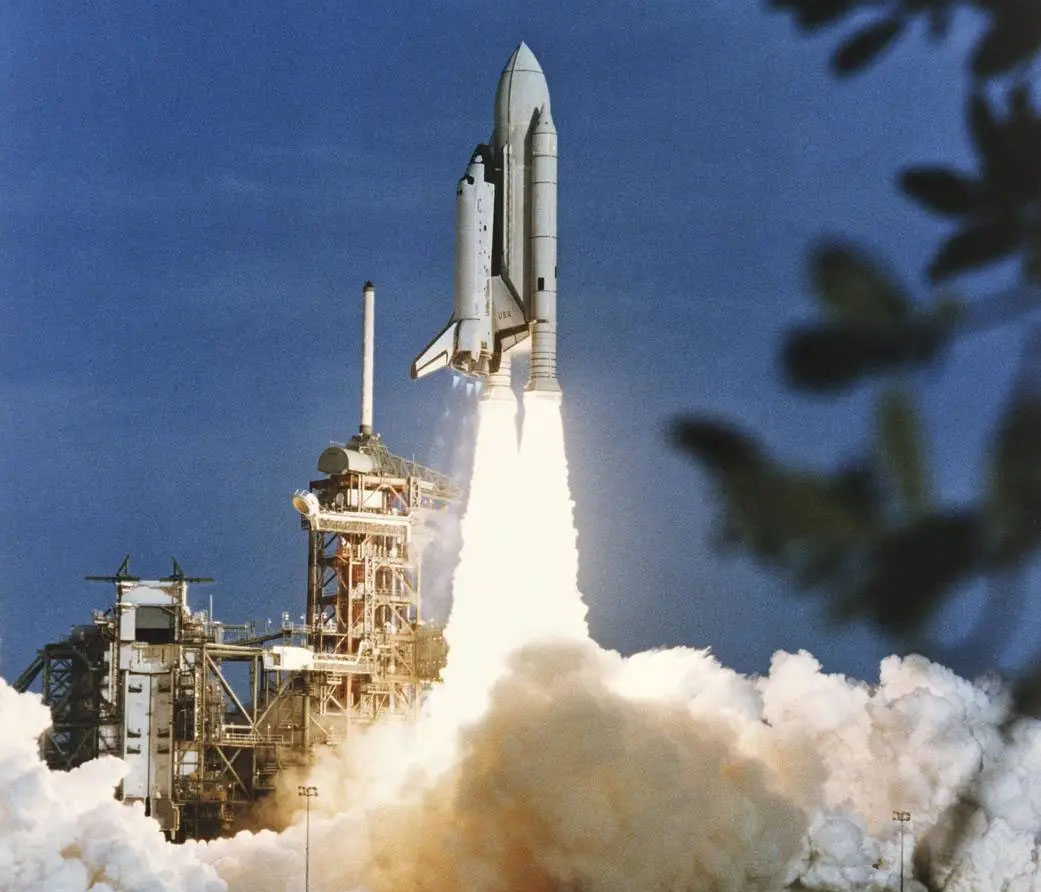
Photo Credit: NASA
April 14 is a day when various historical events took place, though in different years and events with different historical significance depending on context. In 1965, US president Abraham Lincoln was assassinated, in 1935, the black Sunday dust storm raved the US Midwest. In 1981,the first space shuttle Columbia 1 returned to earth, in 2003, the human genome project was completed with 99% of the human genome sequencing to an accuracy of 99.99% and in 1912, The titanic struck an iceberg.
In 1865, US president Abraham Lincoln was shot by John Wilkes booth while attending a production at Ford’s theatre in Washington DC and unfortunately died the next morning. This is a significant event in the American history. The assassination had major consequences for the nation and for the reconstruction period that followed the civil war.
Also, Lincoln’s death plunged much of the country into despair and the search for Booth and his accomplices was the longest manhunt in the American history to that date. The assassination also marked an end to the civil war and set stage for the period of reconstruction that followed.
In April 14, 1912 was when the British ship ‘Titanic’ struck an iceberg at around 23:40 (ships time) on Sunday. The sinking occurred two hours. forty minutes later on Monday April 15, resulting to the deaths of more than 1500 people. This made it one of the deadliest peacetime maritime disasters in history. The disaster shocked the world and it led to the sweeping changes in maritime regulations and the establishment of the international convention for safety of life at sea (SOLAS) in 1914, which still governs maritime safety today.
Also, on April 14 1981, the space shuttle Columbia 1 returned to earth safely, touching down, marking the beginning of the era of reusable spacecraft. The space shuttle Columbia, mission STS-1 was a significant event in the history of space exploration as it marked the beginning of the space shuttle program and forever changed space travel. The mission was termed a success. However, the Columbia’s historic run as the shuttle programs pioneer came to an end upon it’s return on February 1,2003 where the spacecraft disintegrated when re-entering the Earth’s atmosphere, killing all seven crew members onboard.
April 14 is a day of historical significance, marked by events of both triumph and tragedy, serving as a reminder of human vulnerability in the face of nature’s might, cost of conflict and the potential of human innovation.
















